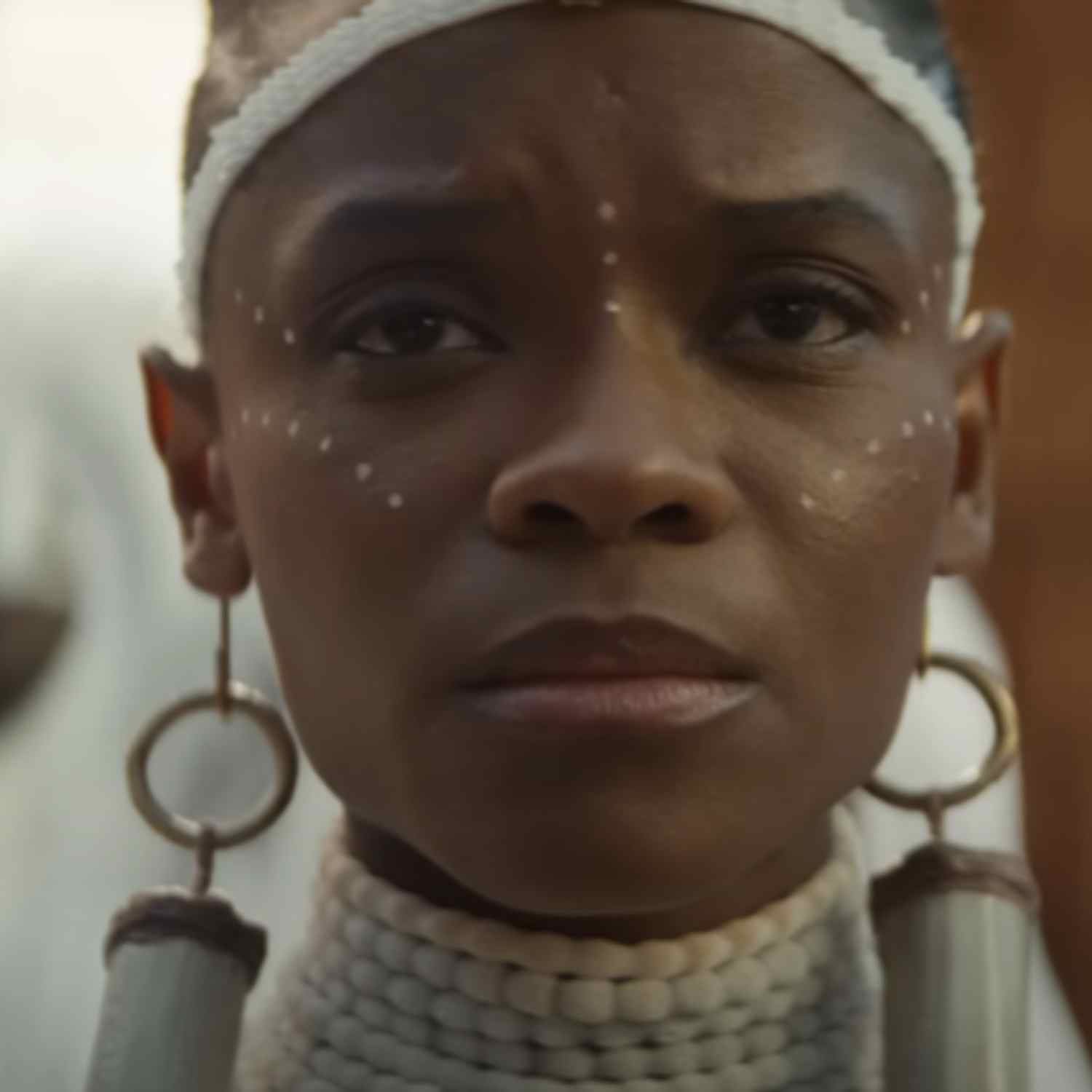What 'Wakanda Forever' Get Right About Strong & Angry Black Women
*Spoiler alert: This article gives away key parts of the movie’s plot.*
An important lesson from “Black Panther: Wakanda Forever” is perfectly summarized in this quote from “Eloquent Rage”—The collective orchestrated fury of Black women can move the whole world.
It’s unclear whether director Ryan Coogler wanted the audience to consider this after watching the movie. Some may or could argue he intended the opposite (a point I’ll address later).
Ultimately, the script leans more towards showing what truly is #blackgirlmagic. And that’s finding a way to be strong, vulnerable, and strategic in a world that conspires against you.
The Power of an Angry Black Woman
The emotional weight on Shuri compels her to lift her worst fears to the surface and learn how to not let them defeat her. We can only hope this exercise results in discovering ways we’ve underestimated ourselves. Then, ideally, we learn to accept things we can’t change and fight like hell against the things we can.
Shuri’s controversial attack on Talokan and its leader, Namor, is the quintessential example of this. After Namor irrupts into Wakanda, killing Queen Ramonda (Shuri’s mom) and thousands of innocents, Shuri ultimately decides to retaliate. Her decision depicts the hard choices real Black women make when faced with injustice.
Imagine asking Sybrina Fulton to go into seclusion after her son, Trayvon Martin, was senselessly killed by a bigot. Who would tell the mother of George Floyd's daughter to ask protestors to go home instead of placing pressure on the government to convict his murderers?
M’Baku (a leader from the Jabari tribe) means well when he suggests that Shuri retreat to the woods for the traditional year-long grieving period. Wakanda doesn’t stand a chance against the Talokan’s physiological superiority or relentless ferocity, in his opinion. Similarly, the ruthless corruption in the real world understandably deflates many Black/African men and women who’d otherwise rise up against it.
Thankfully, Shuri ignores M’Baku. Instead, she finds a new purpose for recreating the lost heart-shaped herb that gives Wakanda the power to defeat its enemies. If not for this renewed strength, Wakanda would succumb to the pressure to do things that go against its core values. And I hope that’s encouraging to the millions of Black women expected to watch this movie.
Balancing Anger, Strength, and Vulnerability
A second lesson from “Wakanda Forever” is that Black women have permission to let their emotional guard down whenever and for however long they need to. The film’s denouement makes that abundantly clear. As we watch Shuri decompress after avenging her mother, it’s obvious she’s barely through her grief journey. Ending the movie with her silence and close-up of her tears conveys no rush to find closure.
My only critique is Coogler’s use of a Killmonger cameo, in what I think is an attempt to communicate a similar idea. I’d guess that his appearance symbolized the hurt people hurt people concept, that all thoughts about revenge are equally immoral. The dialogue between him and Shuri in the ancestral plane suggests he’s a warning to Shuri about letting anger run wild.
Equating Shuri’s trauma response to Killmonger’s warpath in the first Black Panther movie is intellectually problematic at best, and irresponsible at worst. Shuri is responding to eminent danger in her homeland, while Killmonger is focused on his self-interest. Shuri’s anger doesn’t push her to slaughter innocent bystanders or her own people. Killmonger co-opts supremacist culture and wields it dangerously against the people he claims to empower. Showing Killmonger berating Shuri risks validating manosphere talking points that demonize Black women who dare to defend themselves.
Showing Shuri speaking to her mother in the ancestral plane and in her final fight scene with Namor would’ve been more impactful. It would’ve been a chance to role-play the type of mentorship role Black women should play for one another, especially in times of despair. Eventually, Shuri follows her mom’s advice to strategically spare Namor’s life so he would convince his army to spare her people. But we needed more screen time to examine tools Black women could use to affirm the Shuris in our lives while helping them channel their anger towards a greater good.
“Wakanda Forever” removes all doubt that fair representation in media has significant consequences. Fiction has the ability to fill gaps in our past and present history that solidify the foundation of our aspirations. More stories like this, told in the right way, will produce more Black/African women leaders with potent intuition and wisdom, ready to protect themselves and run the world.

